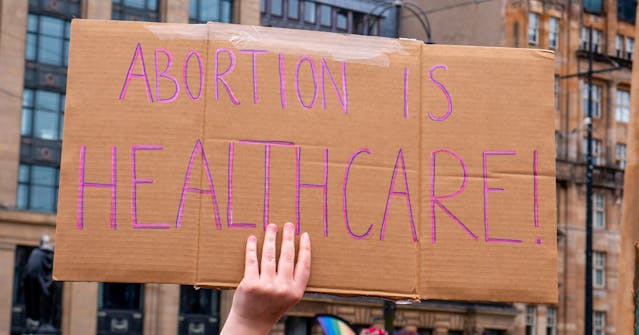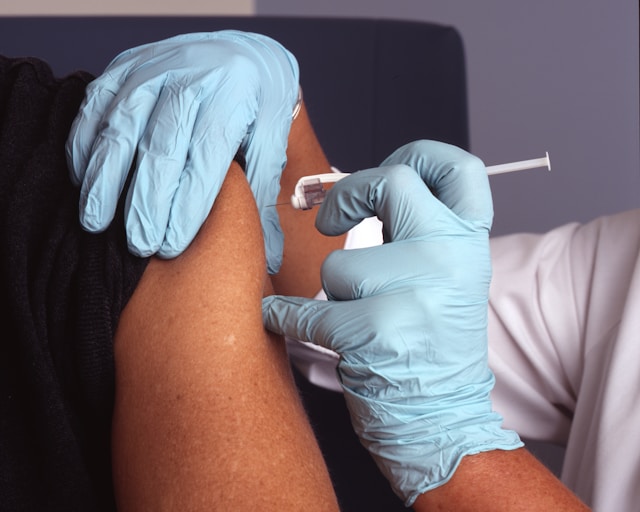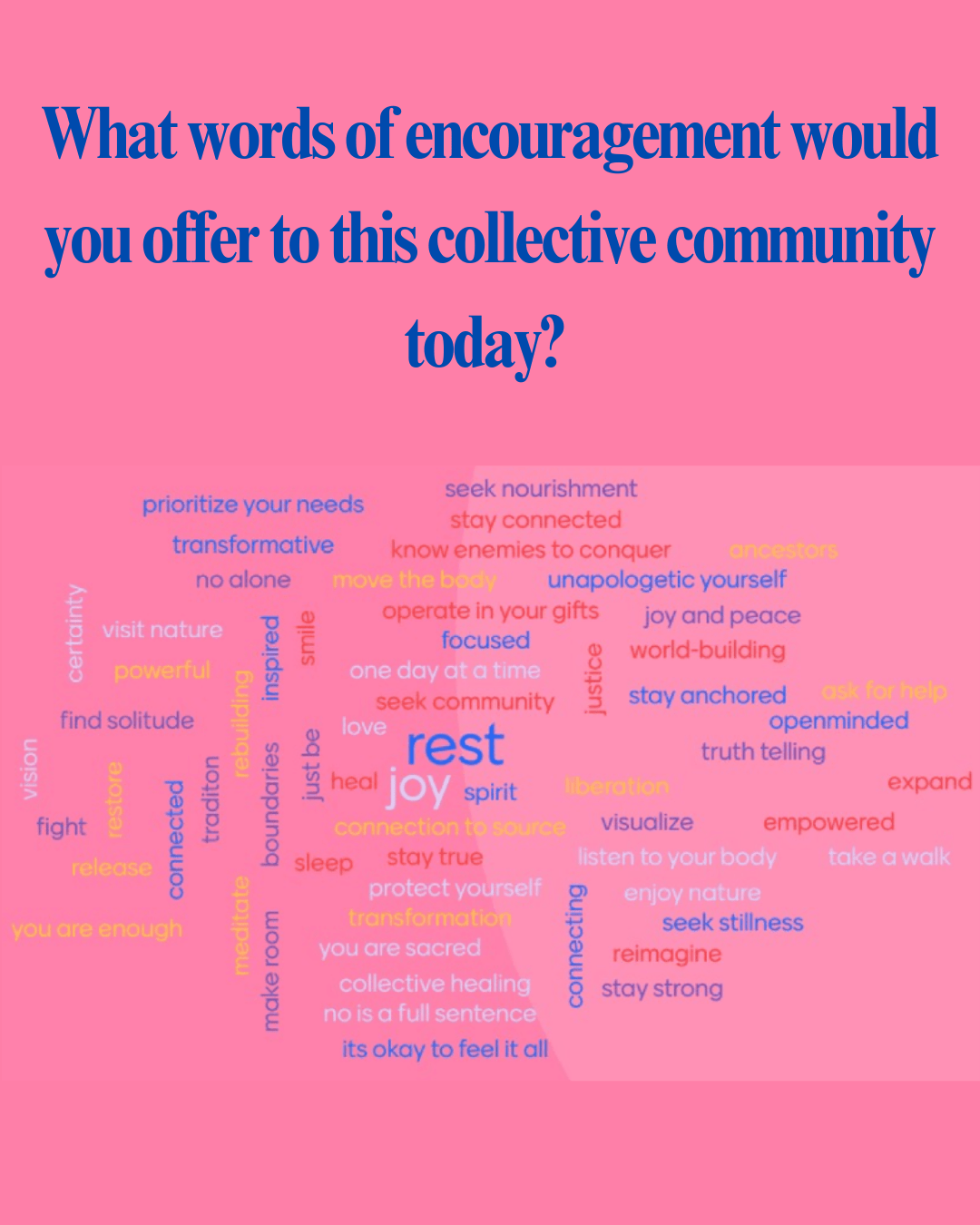
by Lawrence Ware + Rebecca Martinez | NewBlackMan (in Exile)
The World Health Organization recently released a press statement on the carcinogenicity of the consumption of red meat and processed meat. The statement, which elicited media headlines comparing eating hot dogs to smoking cigarettes, reported findings from a group of 22 global experts examining more than 800 studies to evaluate the association between cancer and consumption of red meat and processed meat.
Unlike the frenzied headlines that misunderstand cancer risk and classification, the actual WHO statement reported on carcinogenic (potential cancer causing) classifications, not the magnitude of risk. Specifically, they classified processed meat as carcinogenic to humans (Group 1) because of the numerous studies with similar findings linking consumption to colorectal cancer. Because processed meat is now classified alongside cigarette smoking in Group 1, the inevitable confusion results with people assuming that smoking cigarettes is comparable to eating sandwich meat.
Meat, unlike cigarettes, has nutritional value and to make flippant comparisons between the two is not helpful, but in fact adds confusion to dietary recommendations. The research supports much of what has been already stated about limiting meat consumption, but it does not point to radically altering people’s diets based on this information.
Yet, one question remains. What does this mean for those living in poverty?








